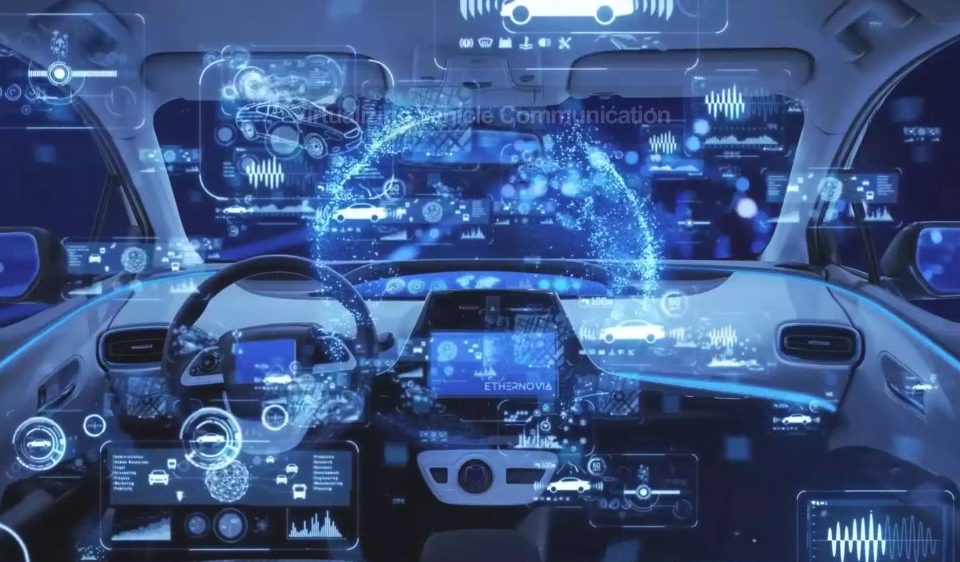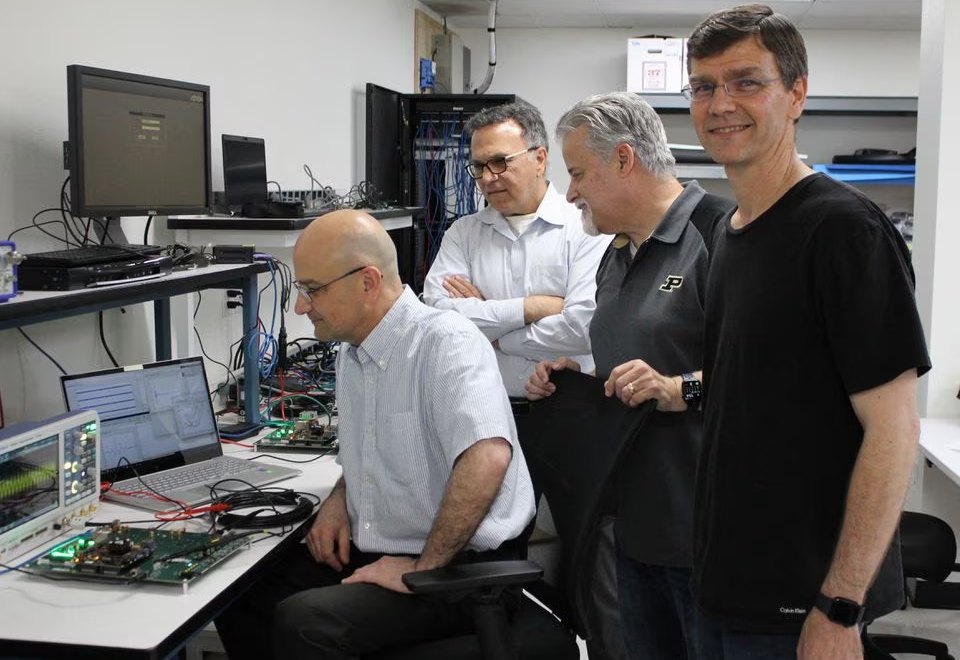Automotive chip startup Ethernovia raises $64M to unify in-vehicle networks into an end-to-end Ethernet system

As automakers shift their focus towards electric vehicles equipped with advanced driver assistance features, they are undergoing a significant overhaul of the vehicle’s electronics. This transformation involves the elimination of numerous cables that previously intertwined throughout the car, connecting over 100 microchips.
Instead of dozens of these linking cables, automakers are adopting a centralized computer system that consolidates control over various components, ranging from camera and radar sensors to window mechanisms and the entertainment dashboard. This central computer acts as the command center, streamlining operations and enhancing the overall efficiency of the vehicle’s electronics.
At the cusp of this change is Ethernovia, a Silicon Valley automotive ethernet chip startup Ethernovia that is revolutionizing the future of automotive manufacturing by introducing a groundbreaking approach that consolidates in-vehicle networks into a comprehensive end-to-end Ethernet system.
This innovative solution fundamentally transforms the way cars are built, offering a unified and streamlined network architecture. By leveraging Ethernet technology, Ethernovia aims to enhance connectivity and communication within vehicles, paving the way for more efficient and advanced automotive systems.
To further build out and commercialize its solutions, Ethernovia announced on Monday it had raised $64 million in a Series A funding round including Porsche Automobil Holding SE, Qualcomm Ventures, VentureTech Alliance, and others. The company will also use the funding proceeds to continue developing the products and to build up a team for marketing, sales, and customer support.
Ethernovia was founded in 2018 by CEO Ramin Shirani, CTO Hossein Sederat, SVP of Engineering Roy Myers, and Darren Engelkemier, VP of Silicon Engineering. Shirani said he started Ethernovia five years ago “to build a single ethernet network in the car that would be the backbone for these new vehicles.”
“We’re not the brains of the car. We’re not the sensors of the car. But anything that connects the brains to the sensors, that’s where we are,” Shirani told Reuters.
He added that Ethernovia has already created a family of ethernet chips and software that help simplify the electronics architecture of the car.

The team from Silicon Valley automotive ethernet chip startup Ethernovia, from left to right – Hossein Sederat, CTO and Co-Founder, Ramin Shirani, CEO and Co-Founder, Roy Myers, SVP of Engineering and Co-Founder, and Darren Engelkemier, VP of Silicon Engineering and Co-Founder, work together at the Ethernovia Offices, in San Jose, California, U.S., in this handout obtained by Reuters on May 13, 2023. Courtesy of Ethernovia via Reuters




